“AI agents—sparking innovation, amplifying human potential.
They’re not replacing us; they’re elevating us.”
Prelude: The Dawn of Digital Autonomy
In a world racing towards efficiency, a silent transformation is reshaping everything beneath the surface. These aren’t just software updates or clever new apps. These are AI agents that are self-directed, adaptive, and continuously evolving digital entities that are redefining how we work, think, and create.
The future isn’t approaching—it’s already planning your day, answering emails, and making decisions on your behalf.
Welcome to the age of Agentic AI.
What Are AI Agents, really?
Continue reading ⤵
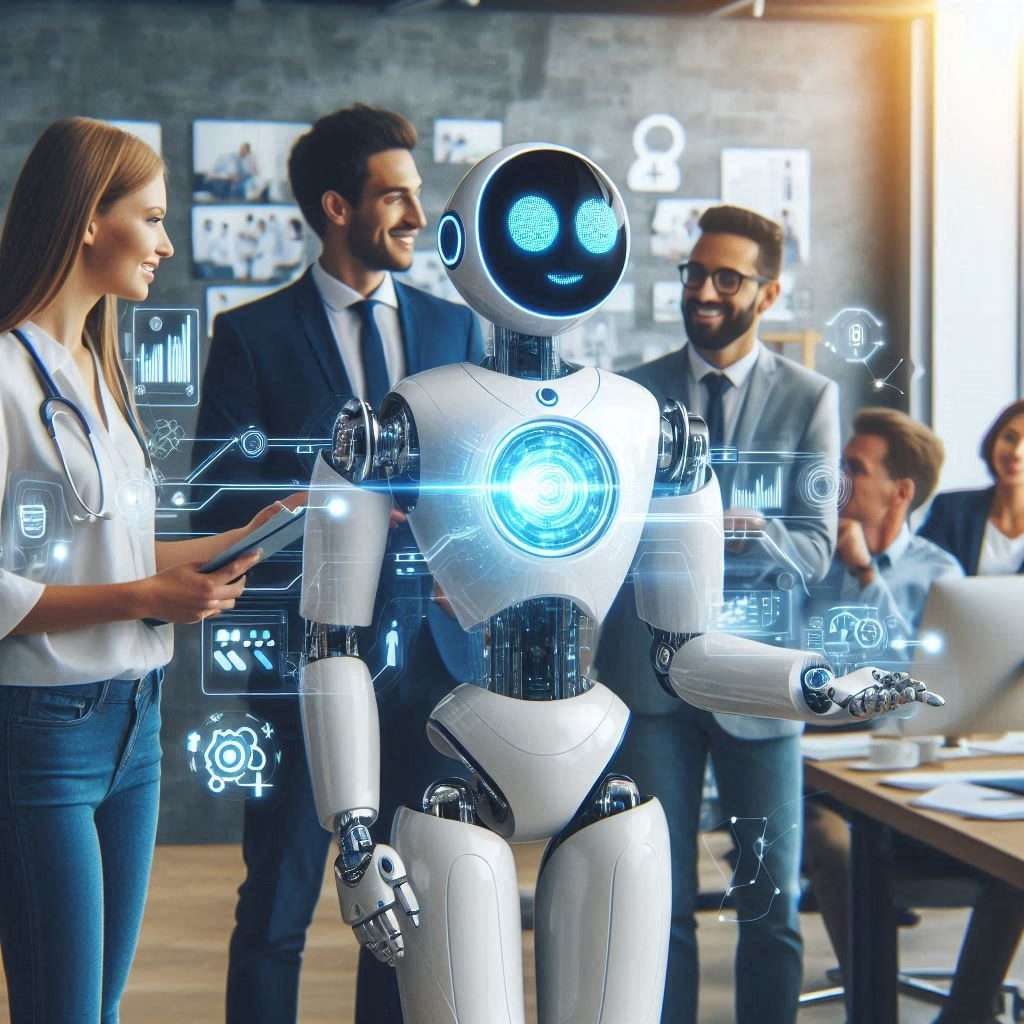
Imagine hiring a virtual intern who not only listens to what you want but also figures out how to do it and then does it better each time. That’s what AI agents are: tireless, intelligent teammates that don’t just follow orders—they think ahead.
AI agents are smart software’s that can make decisions, take actions, and complete tasks on their own—without waiting for step-by-step instructions. They understand goals, learn from experience, and adapt in real time.
The Rise of the Invisible Workforce
The numbers speak for themselves. According to Statista, the global AI market is expected to hit $244.2 billion by the end of 2025, with projections soaring beyond $826 billion by 2030. But the true impact lies in what AI agents are already accomplishing. From streamlining supply chains and drafting legal documents to designing websites and managing customer service, these agents are quickly becoming indispensable across industries. In fact, McKinsey forecasts that agentic systems could contribute a staggering $4.4 trillion in global productivity gains—yes, trillion with a “T.”
Meet the Trailblazers of Agentic AI
- AutoGPT: Autonomous Generative Pre-trained Transformer
What it is: An AI agent built on top of GPT-4.
What it does: It can plan, execute, and learn tasks independently based on a single goal you give it. - AgentGPT: Agent Generative Pre-trained Transformer
What it is: A platform that lets users create and deploy custom AI agents directly in their browser.
What it does: It allows non-coders to build agents for research, analysis, task automation, and more. - LangChain Agents
What it is: A framework/platform for developers to build AI agents using large language models (LLMs).
What it does: It enables chaining of tasks, memory usage, decision-making logic, and integration with tools.
AI Agents in the Wild: Real-World Disruption
“The agentic revolution isn’t hypothetical—it’s already here, embedded in industries that once seemed impenetrable.”
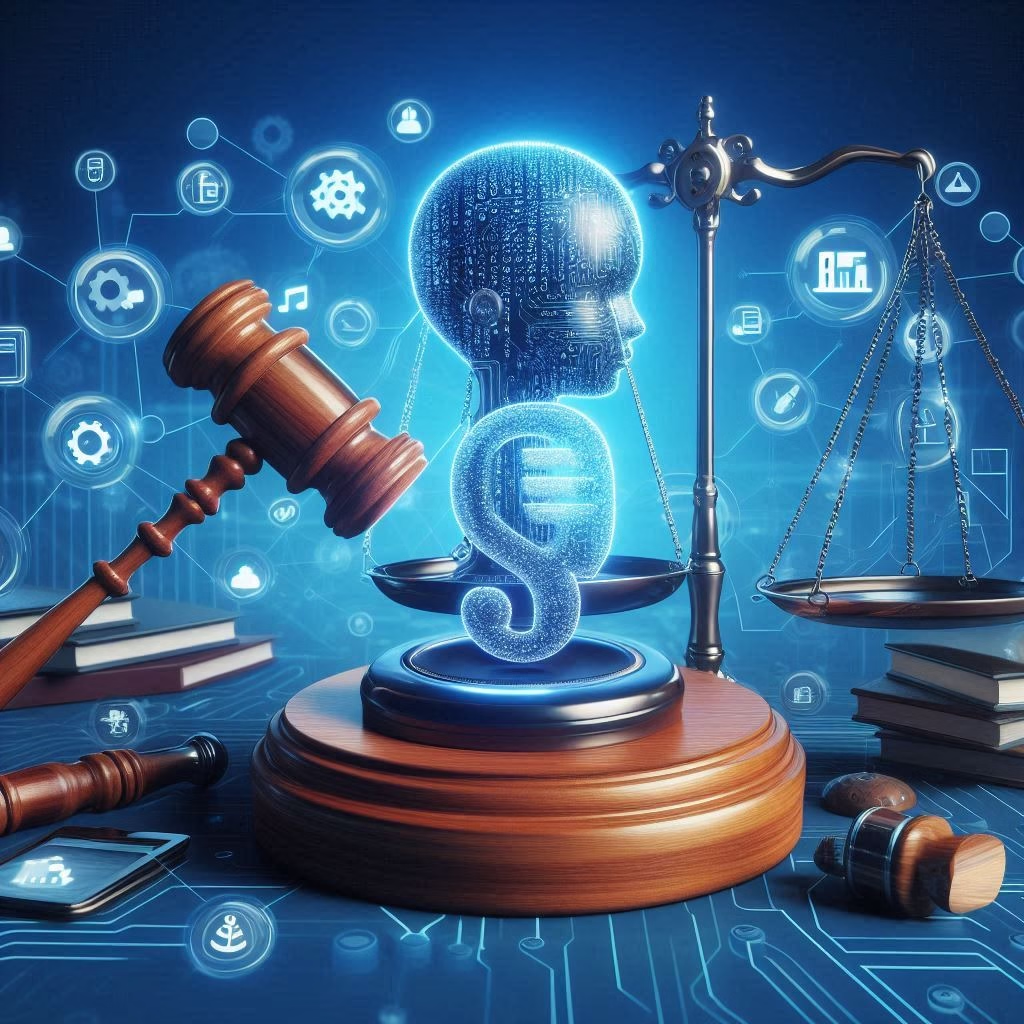
In Law: From Legal Jargon to Legal Genius
In the historically conservative legal sector, AI agents are now reviewing contracts, identifying loopholes, and summarizing complex cases. According to a McKinsey survey, legal GenAI usage doubled in just one year—from 14% to 26%. Even more striking, 95% of legal professionals believe these agents will become core to their work within five years.
In Telecom: Machines That Speak the Language of Business
Telecom giant Verizon has deployed Google-powered AI agents to manage customer service interactions. The outcome? Not only smoother customer experiences but also measurable revenue growth. When smart machines talk, profits listen.
In Professional Services: The Intern That Never Sleeps
From conducting competitor analysis to managing internal operations, AI agents are reshaping professional services. Forbes reports that over 67% of companies are integrating these systems. They’re not just assistants—they’re silent superstars.
The Governance Mandate: Who Watches the Watchers?
“AI agents need strong governance to ensure transparency, accountability, and ethical oversight as they evolve.”
With great autonomy comes not just power—but responsibility. As AI agents grow smarter and more independent, the need for strong oversight becomes non-negotiable.
These systems aren’t merely executing commands—they’re making decisions, sometimes at huge scale, and often without direct human input. That’s why industry leaders like Gartner emphasize rigorous testing, clear objectives, and traceable actions. McKinsey urges companies to build AI governance boards and adopt explainable AI frameworks—because when AI starts acting on its own, ambiguity isn’t just dangerous, it’s unacceptable.
We can no longer afford a “set it and forget it” mindset. Bias, misjudgement, and lack of transparency aren’t far-off risks—they’re today’s headlines. Strong ethics, transparent design, human-cantered oversight, they’re the foundation of trust.
The Final Word: Preparing for an Agent-Driven Future
By the end of 2025, AI agents will no longer be a cutting-edge novelty—they’ll be essential to how modern businesses operate. From automating routine tasks to driving complex decisions, they’ll be deeply embedded in workflows across industries.
Success won’t come from simply using these systems. It will come from using them responsibly, strategically, and with a clear understanding of their potential and their risks.
The most effective leaders won’t just adopt AI—they’ll actively shape its role, define its boundaries, and ensure it supports human goals rather than replacing them.
The future is being built right now.
The real question isn’t whether AI agents will be part of your work.
It’s whether you’re ready to lead with them—intentionally and intelligently.
“Feel the pulse of the future! Share this article to spread the word about how AI agents are transforming workflows and shaping the world of tomorrow. Let’s embrace the change together!”
📚 Sources & Credits





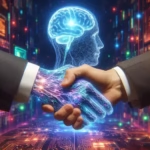









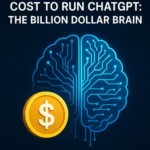











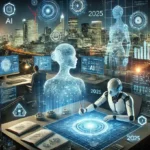
Leave a Reply